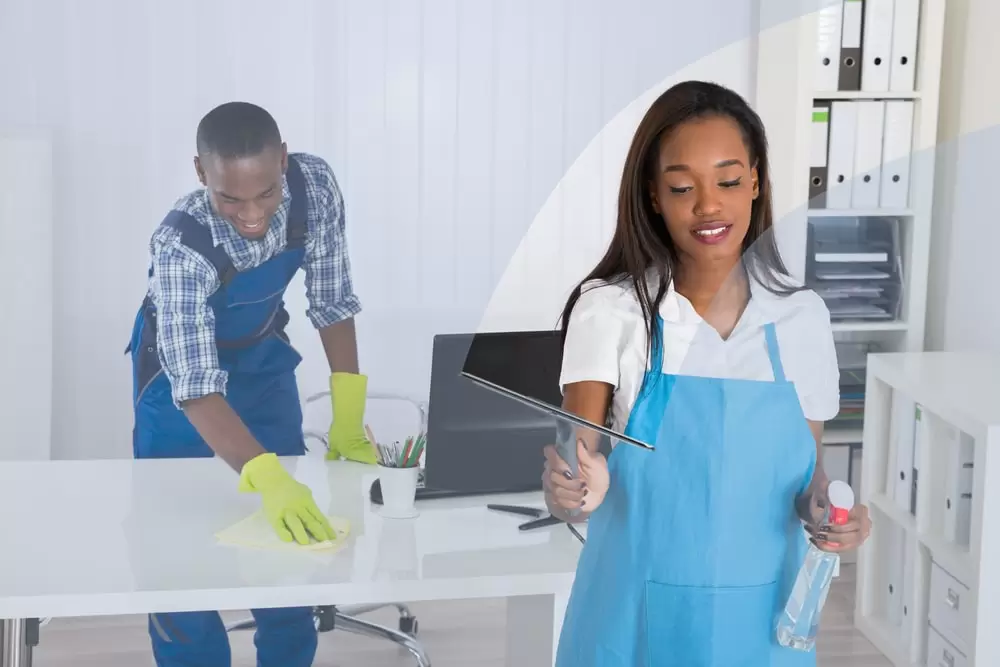“Declutter your room and your life will get better” might be something you remember your mother saying to you when you were a kid in an effect to get you to keep your bedroom clean and tidy. The truth is, however, that there is a lot of merit to that statement and there are plenty of real-world examples of peoples’ mental health improving when they reduce clutter in their surroundings.
Why We Need to Declutter
It can be easy to become attached to unnecessary belongings and challenging to admit that we are never going to use many of the things we own ever again. But having lots of clutter (items you don’t need) in your immediate surroundings all the time leads to cluttered lives and minds. People need to learn how to control their personal space and treat it with the same seriousness as their headspace. When you have too many ideas and thoughts flowing through your brain, it can be almost impossible to think straight and focus on a single task; all this can relate to your surroundings. When there’s lots of clutter around, we can’t focus our minds. The latest research suggests that there is a correlation between disorder in a person’s living space and chaos in their minds. Living in a disorganised space can cause our minds to think our work will never be finished. If your living space is neat and tidy, with not an item out of place, your mind is free to focus on other things. If you often find yourself spending ages looking for things you need because you don’t store your belongings in an orderly fashion, you are wasting precious amounts of your limited time on earth. By keeping your home in order and making sure everything has a place, you can avoid wasting so much of your life searching for things and get your daily rhythm back in tune. You should consider the time you take out to organise your environment a productive use of your time. In your work space, start keeping all relevant items in the area, so you don’t have to keep searching in other offices every time, for example, you need a pen. Converting your home into an organised zone is a great exercise in self-care. Committing staying organised is a great shortcut, or life hack, to saving time, money and energy. Organisation makes it so you can always find items you need quickly and thus move through the day with freedom thanks to your preparation. That freedom creates a sense of tranquillity and peace in your mind.
How to Start Getting Organised
To start with, don’t attempt to organise your entire home in one day. Take the task in small steps and create a plan as to how you are going to spread the smaller steps over the course of a few days. Don’t make the task of decluttering your home a stressful job, as that will defeat the purpose of it. Of course, it can be easy to become overwhelmed, especially if you have a lots of belongings and a big home, but that is why you need to break the task down into manageable chunks. You could start, for example, by tackling a single cupboard or restoring a neglected piece of furniture – see the Abbey Group for ideas. Once you have organised one small section of a room and can see the results of your work, you will be inspired to keep going. The secret to cultivating order in your life is to take preparation and planning seriously. When you map out exactly what you need to do and create a plan as to how you will complete the task by a set date/time, you will find it easier to relax between jobs. Ensuring you have all the things you need to complete the task well in advance is key. You can take care of tomorrow’s you by preparing for the day in advance. Start actually looking at your calendar of events and planing outfits and meals ahead of time. You don’t need to have a natural affinity towards organising things in order to live an organised life; you just need to cultivate some simple discipline. Organisation rewards you with tranquillity in your home, life, and mind. All you have to do is begin; you’ll thank yourself for the commitment later.




